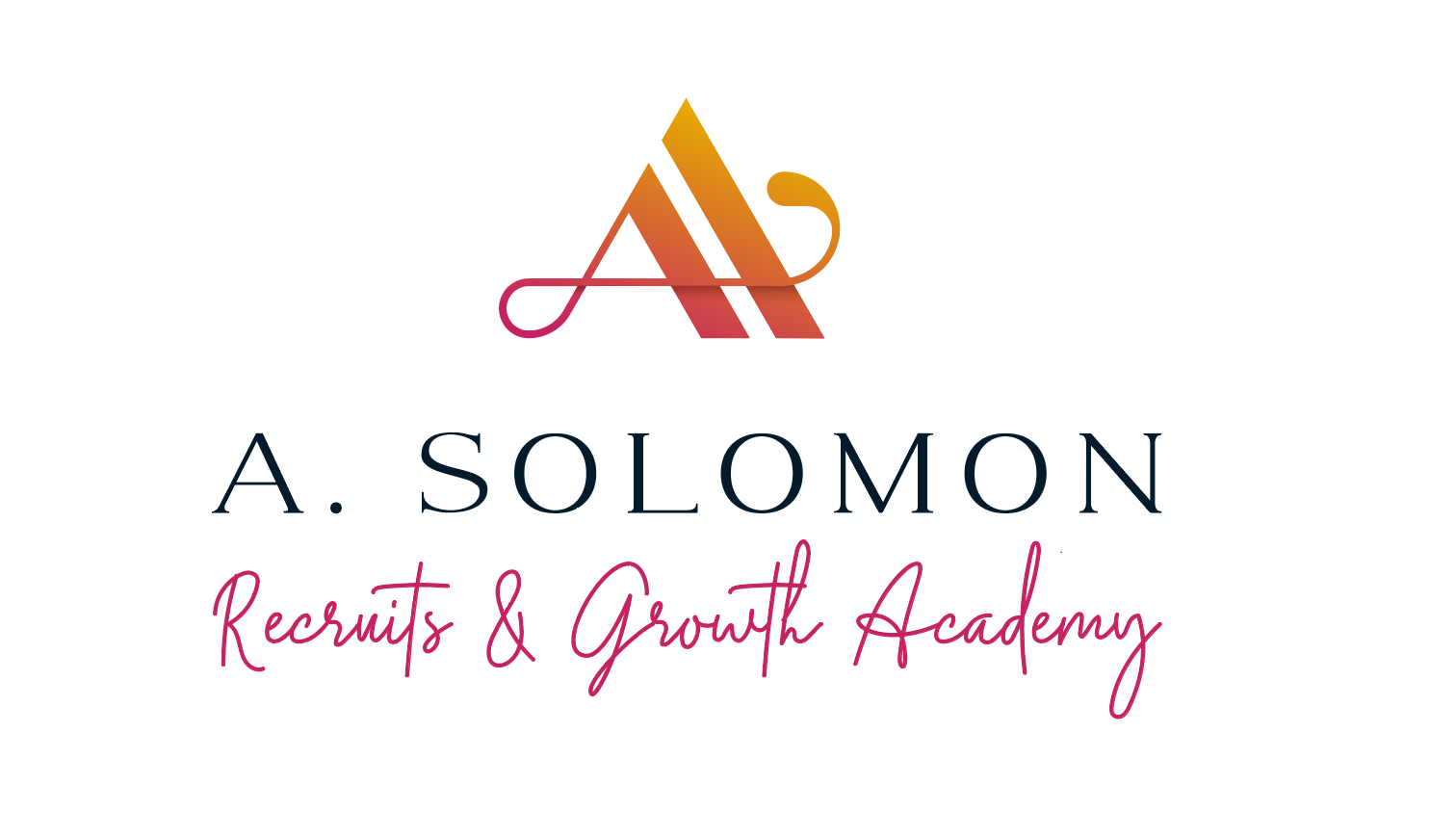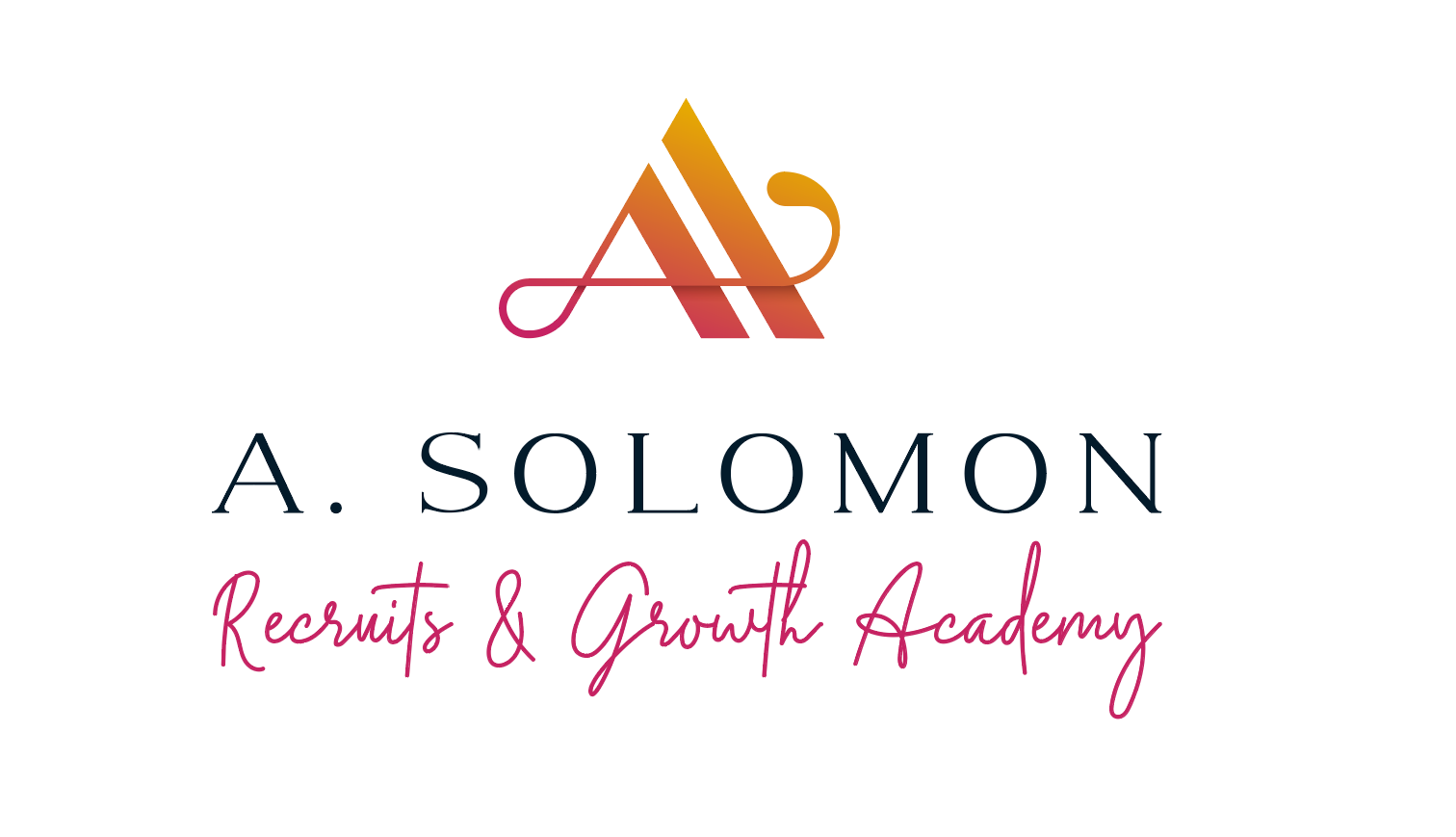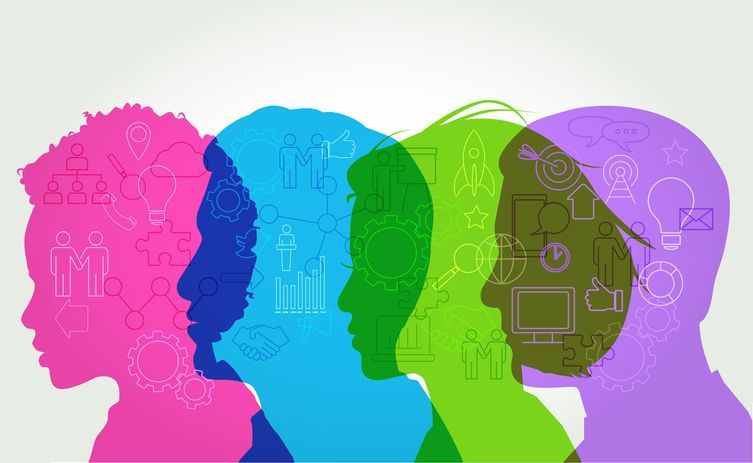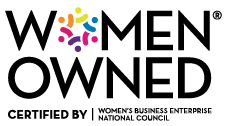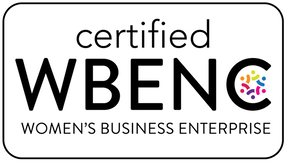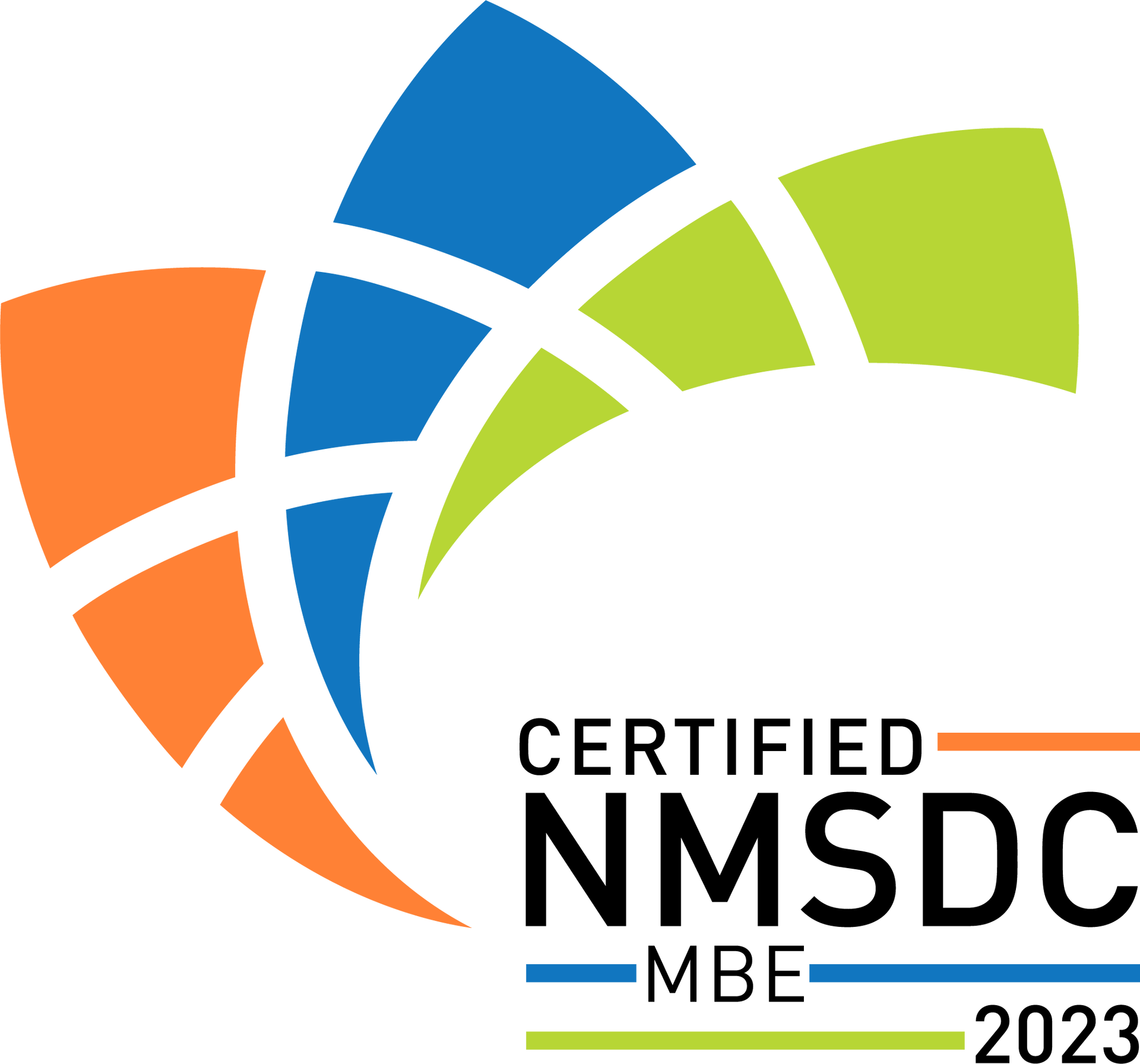Wall Street Has A Black People Problem Too!
In Abadesi Osunwade's article in The Independent titled “I've worked in tech for years - Facebook and similar companies really do have 'a black people problem'” she highlights the horrific experiences of black people in tech.
Change the company names, change the products being sold and teamwork mixers, and the black tech experience can easily be carried over to the black finance experience. Osunwade’s article raises the issue of when perception of lowering the bar is made synonymous with the notion of hiring diverse talent, in particular black people. In such a scheme, the recruiting, on-boarding and retention processes becomes a total waste of time. In my line of work, I hear similar complaints all the time. Companies say things like, 'I can't find enough diverse talent for my openings' or 'a lot of diverse talent lack the skills needed to hire them for my openings.' But is there actually a lowering of the bar to hire more black talent, or is it in reality racial prejudice and discrimination that leads employers to believe they are lowering the bar when in fact they are doing the exact opposite?
We cannot remove historical context from the idea of people in charge in Corporate America think that by lowering the bar in order to hire black people is problematic in itself. Regardless of the name, neighborhood, life experience, or even education pedigree, blacks in America are time and again cast through the--sometimes unconscious, sometimes conscious—racial prejudice of having a bigger learning curve that their white working counterparts. An African American female finance executive with top schooling recently related a story in which he boss told her that “finance is not her thing” and that she should find another industry. This candidate loves math, and has always excelled in finance. Trying her hand at Investment Banking seemed to her to be the next logical step in her career, but ended up being a living nightmare. Whether white people are aware of it or not, the systems they construct via their unexamined bias continue to portray black people as subhuman, ignorant, or lazy individuals. These preconceived notions and small-minded core beliefs threaten progress in Corporate America's diversity and inclusion initiatives.
The average American would probably admit that black people are frequently recognized as trendsetters in fashion, music, and sports, but few acknowledge how we are also trailblazers in finance, technology, and entrepreneurship. If you take a step back and look through a historical lens, it makes sense that black people are natural innovators: they have a long history of creating their own path in a society that has been intolerant and constantly obstructing progress. I started my own recruiting and career coaching business precisely because of the hostile working conditions I suffered in staffing agencies and in-house companies.
While the numbers game on Wall Street is not always white male owned, it is white male dominated. Other perspectives are a threat to tradition and are continually shown the door. Rather than complaining about diverse talent not reaching the bar, companies would do well to realize that hiring black talent inherently raises the bar. It forces companies to question the status quo, which is a welcome change, given how the status quo hasn’t been working too well in creating an equitable, efficient, and innovative society. Hiring diverse talent prompts new approaches to work and rethinking what constitutes hard and smart work ethic. It also makes us question the decaying systems that are Human Resource Recruiting and how companies go about their interviewing, hiring, on boarding and retention tactics. Truly changed perspective must welcome and celebrate differing approaches and redefine how we go about attracting black talent.
We are better together!
I AM someone who sees incredible potential in places most people don't think to look. As an owner of a diversity staffing boutique, my team and I walk alongside our Clients in creating professional environments that are truly for ALL. I believe in our interconnectedness as a human race and strive every day to use my gifts to empower the workplace’s invisible and powerless. I rarely bet on certainty and always root for the underdog because, after all, those are the best stories to tell.
Hi there! Thanks for reading! Follow Angela Solomon on her social profiles! | LinkedIn: /ASolomonRecruits | Facebook: @ASolomonRecruits | Instagram: @A.SolomonRecruits | Twitter: @AS_Recruits | Pinterest: @AS_Recruits

